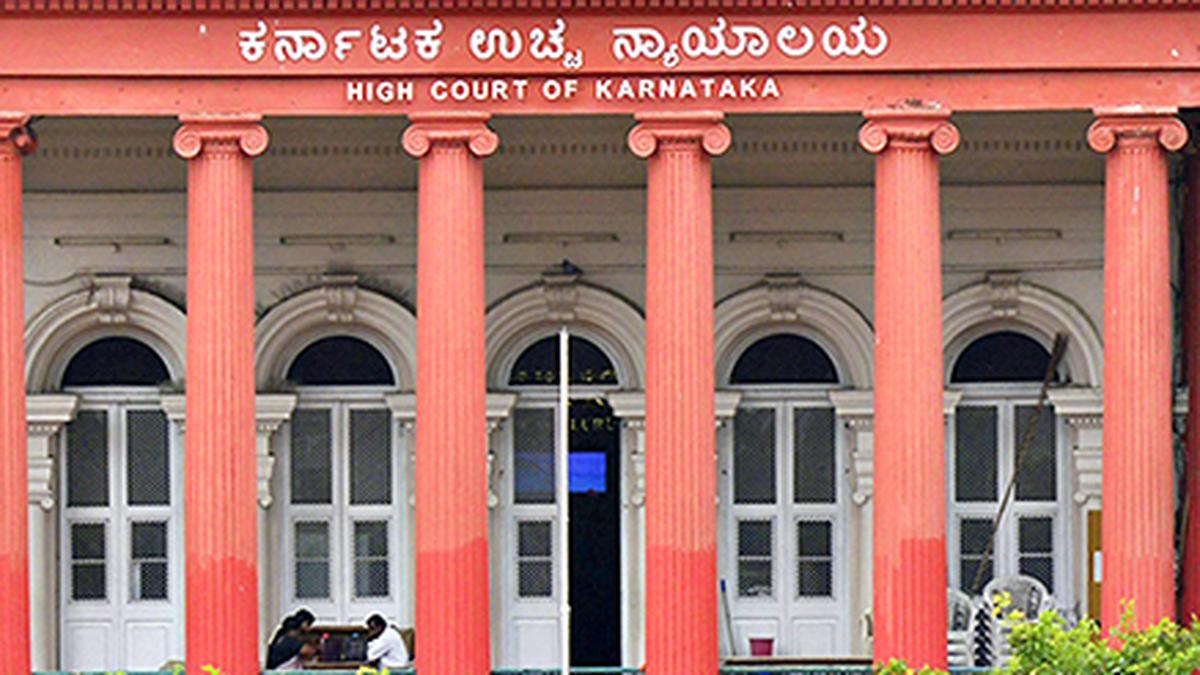Professors, readers or teachers in a university, due to the very nature of the post, work, and duties attached, cannot be treated as holders of public office; and these posts cannot be classified as public office as contemplated for issuance of writ of quo warranto for ousting a person from the office for not possessing requisite qualifications, the High Court of Karnataka has said.
A division bench comprising Chief Justice N.V. Anjaria and Justice M.I. Arun made these observations while dismissing with costs a PIL petition, which had sought removal from M. Shivashankar, Professor, Department of Life Science, Bangalore University (BU), from the post of professor.
The petitioners, H.T. Umesh, S. Ananda, and H.P. Puttaraju, who is a retired professor of BU, had sought a writ of quo warranto against Mr. Shivashankar alleging that he did not possess the requisite qualification to hold the post of an associate professor earlier and now the post of professor, as per the norms of the University Grants Commission (UGC).
“An associate professor or the professor may be part of the faculty, but for all purposes including functional, he is an employee of the university. The lecturers, the assistant professors or associate professors bear a jural relationship with the university and that relationship is only of employee-employer,” the Bench said.
“The concept of public office in general context as well as in the concept of quo warranto in particular is presupposed to be a post or office which have clear public trappings .… Professors, readers or teachers cannot be grouped to treat them in the category. By no stretch of the imagination, for their very nature of the post and the work and duties attached, they cannot become holders of public office,” the Bench observed.
Even though the BU and the UGC told the court that Mr. Shivashankar’s promotion to these posts was made strictly as per the norms, the Bench did not go into this issue while pointing out that it cannot entertain the petition as Mr. Shivashankar’s post is not a public office as courts can consider issuing a writ of quo warranto only against those holding public office.
Meanwhile, the Bench noted that the petitioners had “different motives to grind personal score” through the petition as Mr. Shivashankar had informed the court in an affidavit that the petition was filed “out of ill-will, with personal and professional vengeance.” He had pointed out that Mr. Puttaraju, who was a former chairman of the Department, had himself recommended Mr. Shivashankar for promotion to the post of associate professor way back in 2016 as per UGC norms. Terming the petition as an abuse of the process of law, the Bench dismissed it by imposing a cost of ₹7,500 on the petitioners.
Published – April 11, 2025 12:08 am IST






